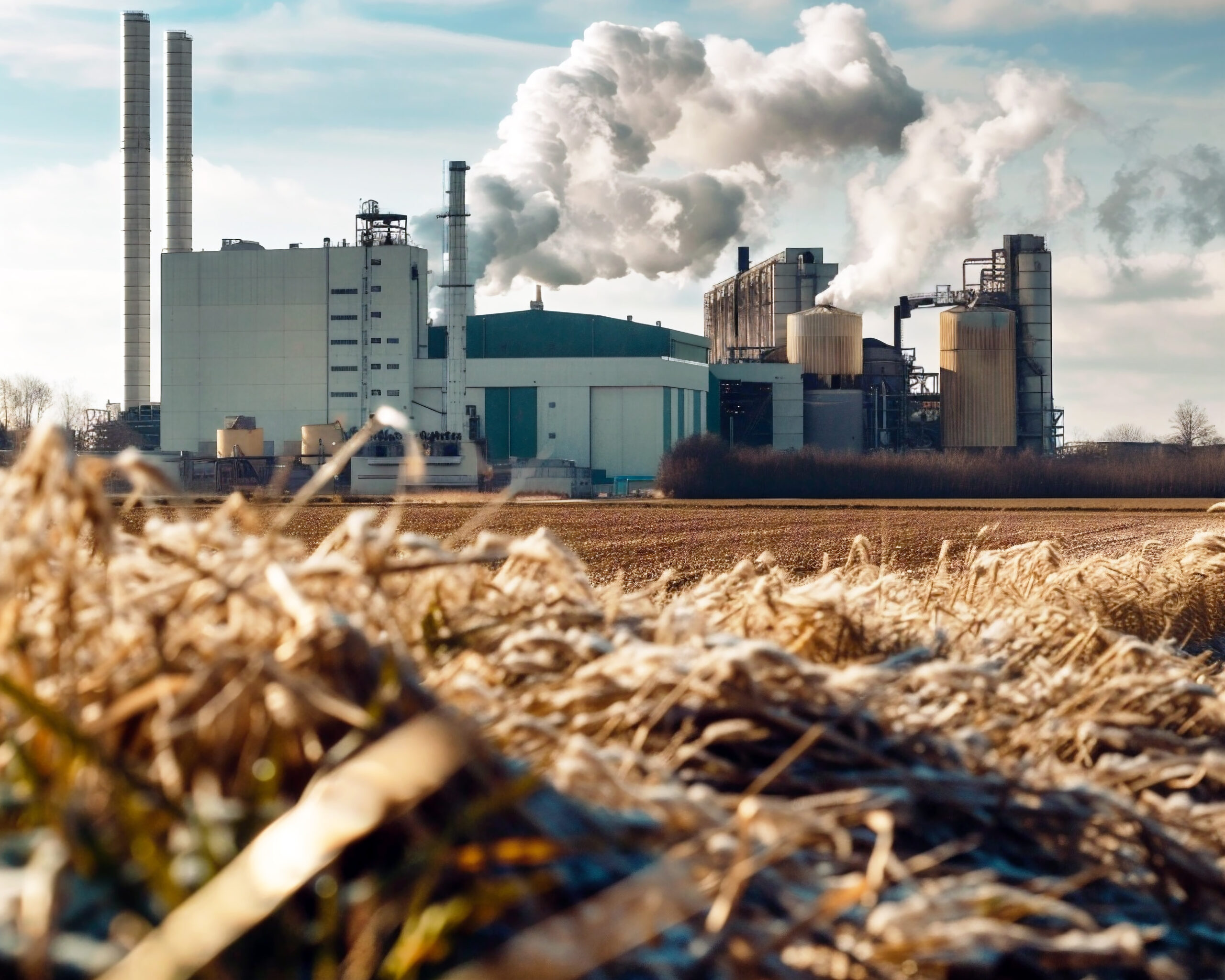Financial, Market, and Climate Analysis Regarding a Transition from Coal in Mauritius
Sub-Saharan Africa
April 18, 2024Biomass power generation is an attractive option for the Mauritian island grid because it offers dispatchable generation, uses agricultural waste as fuel, and has lower emissions than fossil fuel technologies. The climate rationale to transition the Omnicane Independent Power Producer (IPP) to 100% biomass is even stronger because it will displace CO2-intensive coal generation with local or imported biomass generation.
Despite its benefits, biomass power generation projects are risky and could be unpopular. One of the main risks is feedstock supply. Biomass supply can present significant seasonal variations, which, combined with storage limitations, can lead to significant supply-demand imbalances. Biomass can also have significant year-to-year supply variations due to variability in yield from biomass harvesting operations or reductions in cultivated land. Furthermore, biomass projects can be controversial and elicit local criticism.
IFC is aware of these types of risks and concerns about biomass and the Omnicane project and wants to commission this high-level study to analyze the financial, economic, and climate implications of transitioning the Omnicane IPP to 100% biomass. The results of the study should show, with data and objective analysis, if this transition is a better economic and climate choice than continuing with the current biomass-coal operation or developing another technology that is dispatchable and has low carbon emissions.
The K&M team will estimate the levelized cost of electricity (LCOE) for the Omnicane power plant when burning biomass (sugar cane bagasse) and coal, as well as only biomass. In addition, K&M will seek to understand the biomass supply chain risks and mitigation options. K&M will then identify a shortlist of realistic dispatchable alternatives to the 100% biomass Omnicane IPP and to develop an estimate of the LCOE of these alternatives. To complete this work, K&M will develop an LCOE model to estimate the LCOE and CO2 emissions cost of all generation possibilities, including:
- Existing plant – bagasse + coal
- 100% biomass plant – local bagasse
- 100% biomass plant – imported biomass
- 100% biomass plant – mix of local bagasse and imported biomass
- Each of the alternative options identified and analyzed
In addition to these scenarios, K&M will run sensitivities on the power plant’s capacity factor, including 55%, 70%, and 90%.




